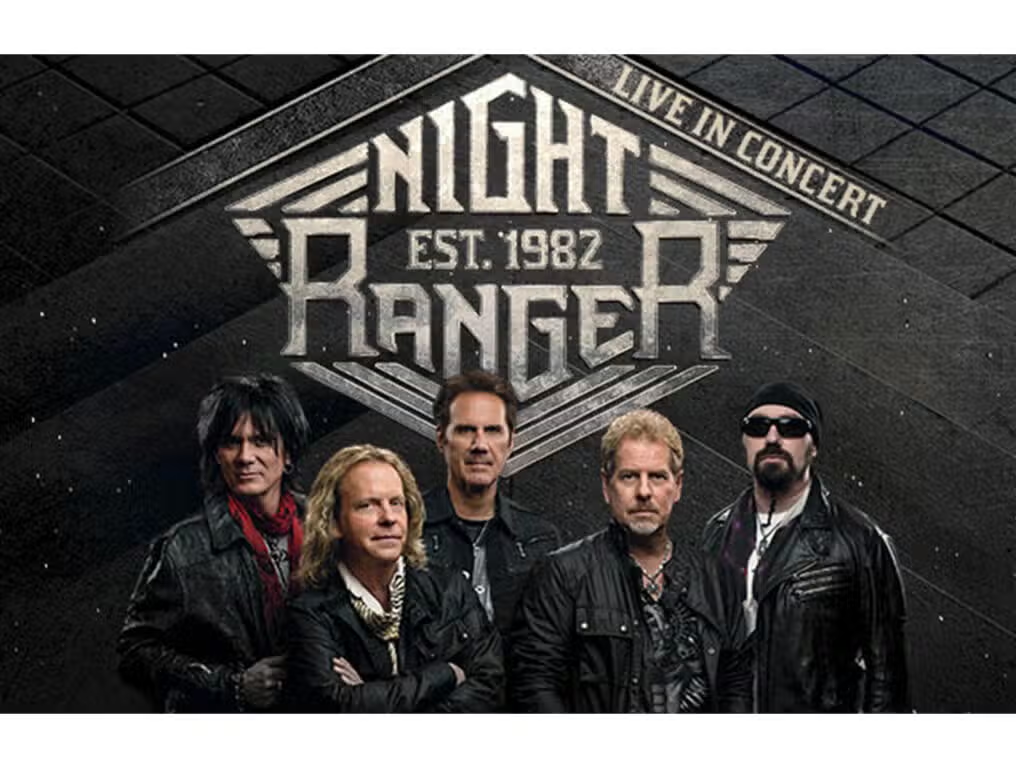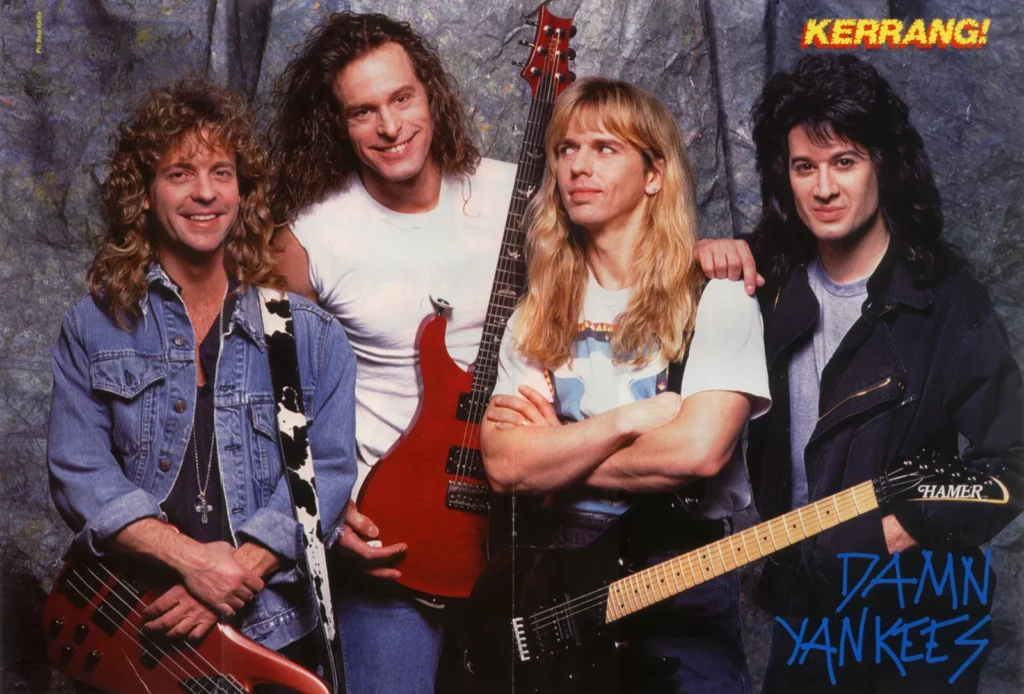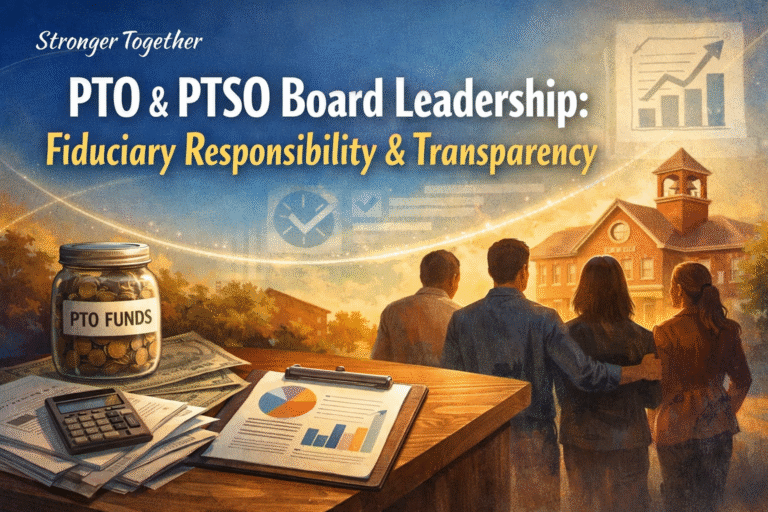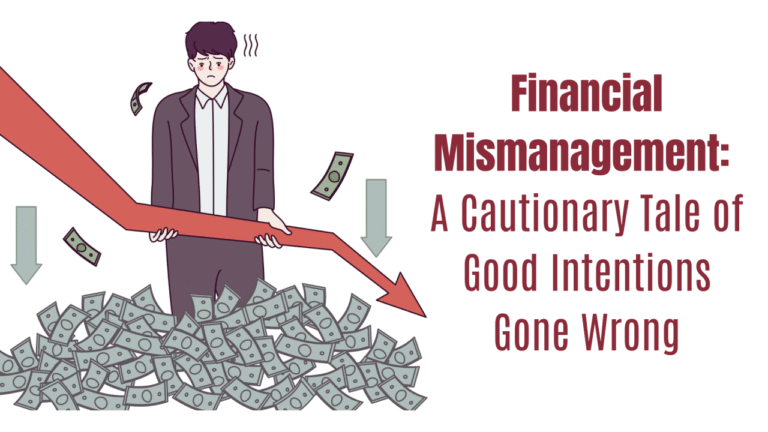The Power of Collaboration: A Leadership Lesson from Jack Blades
After more than 20 years working with businesses of all sizes, across industries, and in every growth stage you can imagine, I’ve seen a lot of things change—markets, technology, even what we expect from leadership. But one truth hasn’t changed a bit: success is never a solo act.
I’ve watched companies transform not because they found some magic tool or nailed the perfect strategy, but because the people at the top learned how to work with each other, not just alongside each other. They knew how to collaborate in a way that brought out the best in their peers.
And believe it or not, one of the best examples of this doesn’t come from a CEO or management guru—it comes from a rock musician: Jack Blades.
You might know him from Night Ranger, Damn Yankees, or his solo work. What’s remarkable about Blades isn’t just his talent; it’s that for decades, he’s been building hit projects with other talented, strong-minded, and equally ambitious people. That takes skill—the same kind of skill leaders and managers need to thrive in business.

Respect Is the Foundation
Back in the early ’80s, Blades co-founded Night Ranger with Kelly Keagy and Brad Gillis. Each of them had something special—Gillis with his signature guitar style, Keagy’s drumming and vocals, and Blades’ songwriting and bass.
Their hit Sister Christian wasn’t the work of one superstar—it was the sum of everyone’s strengths. That only works if you respect what the other person brings to the table.
In business, I’ve seen too many leadership teams fall apart because respect was missing. If you don’t value your peers’ expertise, you’ll never get the best from them—and they’ll stop bringing their best to you.
How to make it work: Listen more than you talk. Acknowledge good ideas out loud. Share the credit. That simple shift changes the entire dynamic.
Adaptability Makes Partnerships Last
When Night Ranger’s first chapter wound down, Blades didn’t cling to the same old formula. Instead, he joined forces with Ted Nugent and Tommy Shaw to form Damn Yankees—a whole different sound, a whole different vibe.

He adapted. He learned. He made space for other personalities and ways of working. And the result? More hits, like High Enough.
In business, I’ve seen adaptability keep partnerships alive long after they would’ve fizzled out. Markets shift. Teams change. What worked yesterday won’t always work tomorrow. Leaders who can adjust—without losing sight of the big picture—are the ones who last.
How to make it work: Drop the phrase “We’ve always done it this way.” Start asking, “What’s the best way to do it now?”
A Shared Vision Pulls Everyone in the Same Direction
Whether he was playing with Night Ranger, Damn Yankees, or working solo, Blades and his bandmates were always clear on one thing: what they wanted to create and who they wanted to reach.
When leaders in business skip this step, things get messy fast. I’ve seen incredibly talented executives work at cross-purposes simply because they never sat down to align on the vision.
How to make it work: Take the time to talk about what “success” actually looks like—together. Then revisit it often, because things change.

Check Your Ego at the Door
The music industry isn’t exactly known for humility. But Blades has managed to keep collaborations going for decades, which tells me he knows when to take the lead and when to let others shine.
In corporate settings, unchecked egos are like termites—they quietly eat away at trust until the whole structure is shaky. You can be confident and still make space for others to own the spotlight.
How to make it work: Ask yourself, “Am I fighting for the best idea, or just for my idea?” If it’s the latter, step back.
Consistency Builds Trust
One reason Blades has been in demand for so long? People know he’ll show up, be ready, and deliver. That’s not glamorous, but it’s powerful.
In business, trust doesn’t come from one big win—it comes from showing up every single time. Your peers notice. And when the stakes are high, they’ll count on you instead of sidestepping you.
How to make it work: Meet your deadlines. Keep your promises. Don’t make people chase you for follow-up.
Keep Learning from the People Around You
Blades never stopped evolving. Whether he was co-writing with new artists or exploring different sounds, he treated each collaboration as a chance to grow.
I’ve seen the opposite happen in leadership—people hit a certain level and think they’ve “arrived.” That’s when stagnation sets in. If you’re the smartest person in the room, you’re in the wrong room.
How to make it work: Ask your peers what they’re learning lately. Read what they’re reading. Borrow ideas from other industries.

Celebrate Wins—Together
Bands celebrate milestones together. It’s part of the culture. And when they do, it strengthens the bonds for the next project.
Too many business teams skip this step. They hit a goal and immediately jump to the next one. That’s a fast way to burn people out and make collaboration feel transactional.
How to make it work: Don’t just send an email saying “Good job.” Pick up the phone. Gather the team. Share the moment.
Bringing the Lessons Back to Business
Take away the guitars and stage lights, and what Jack Blades has been doing for decades is what great leaders and managers do every day:
- Respect your peers’ skills.
- Adapt when the situation changes.
- Align on the vision.
- Keep your ego in check.
- Show up, every time.
- Keep learning.
- Celebrate the wins.
I’ve seen businesses grow faster, solve problems quicker, and attract better talent when leaders lean into these habits. The work gets better, the relationships get stronger, and the culture becomes something people actually want to be part of.
Your Action Plan
If you want to put this into play right now, here’s where I’d start:
- List your top five peer relationships. Be honest about which ones need more trust and respect.
- Have a vision check-in. Make sure you’re aiming for the same target.
- Audit your own adaptability. Where have you been resisting change?
- Ask for feedback. Find out if your peers feel you make space for their ideas.
- Show up consistently. Reliability is a choice.
- Learn something new from a peer this month.
- Mark a win together. Big or small, make it a shared moment.
At the end of the day, collaboration isn’t about holding hands and singing Kumbaya. It’s about getting farther, faster—together.
Jack Blades built a career doing just that, in an industry where egos, competition, and short shelf lives are the norm. If he can make collaboration work in that environment, there’s no excuse for us not to make it work in the boardroom.
And when we do, we’re not just getting the job done—we’re building something worth remembering.
Mark Kaley is the author of the book “From Pennies to Millions” and the PR Manager with Otter Public Relations. He has been featured in Forbes, Fox Business, Authority Magazine, Modern Marketing Today, PR Pioneer, Market Daily, O’Dwyer PR, DKoding, and Consumer Affairs. Mark is also a contributor with Hackernoon, you can view his contributor profile here. Learn more here.






